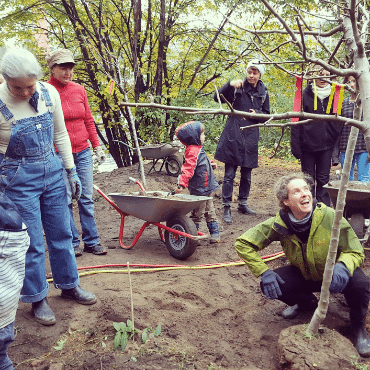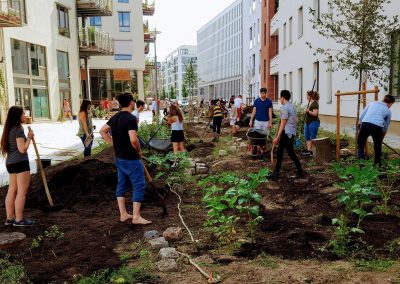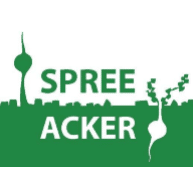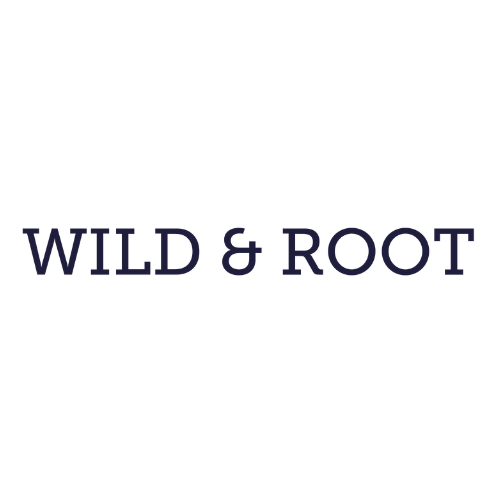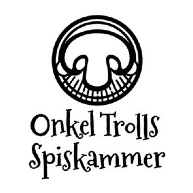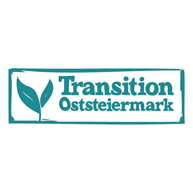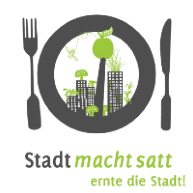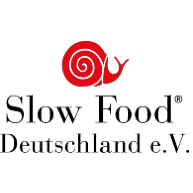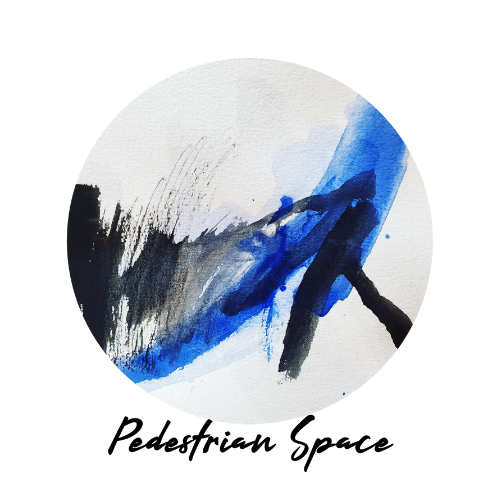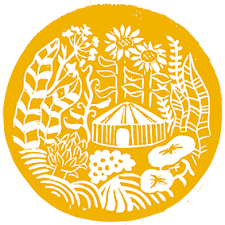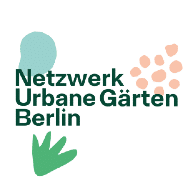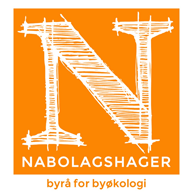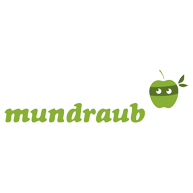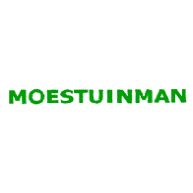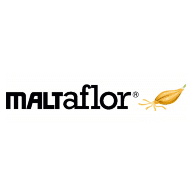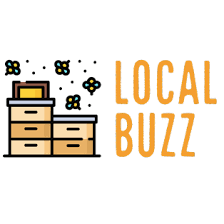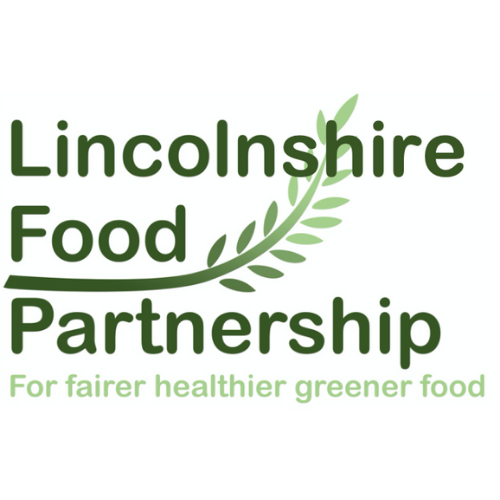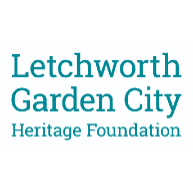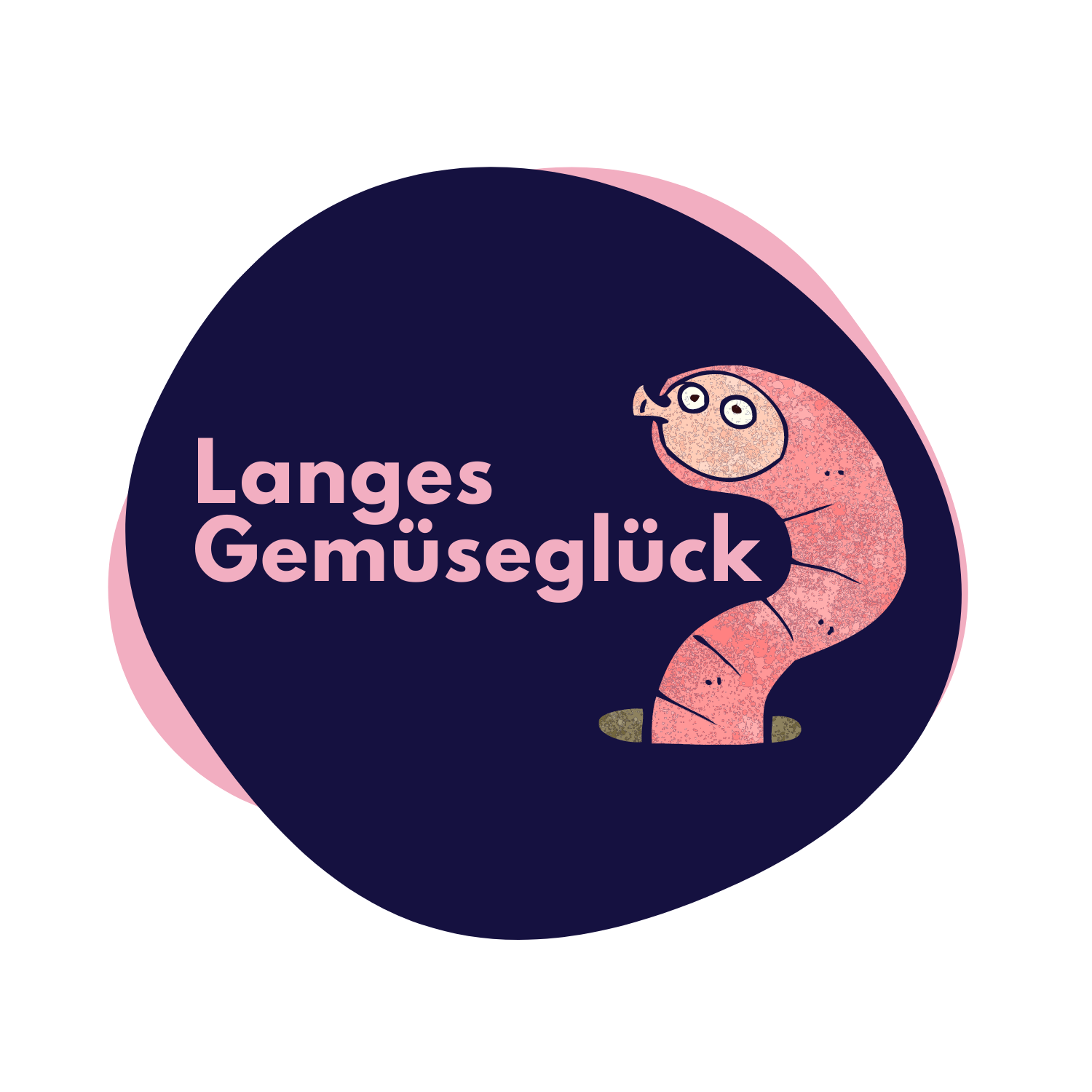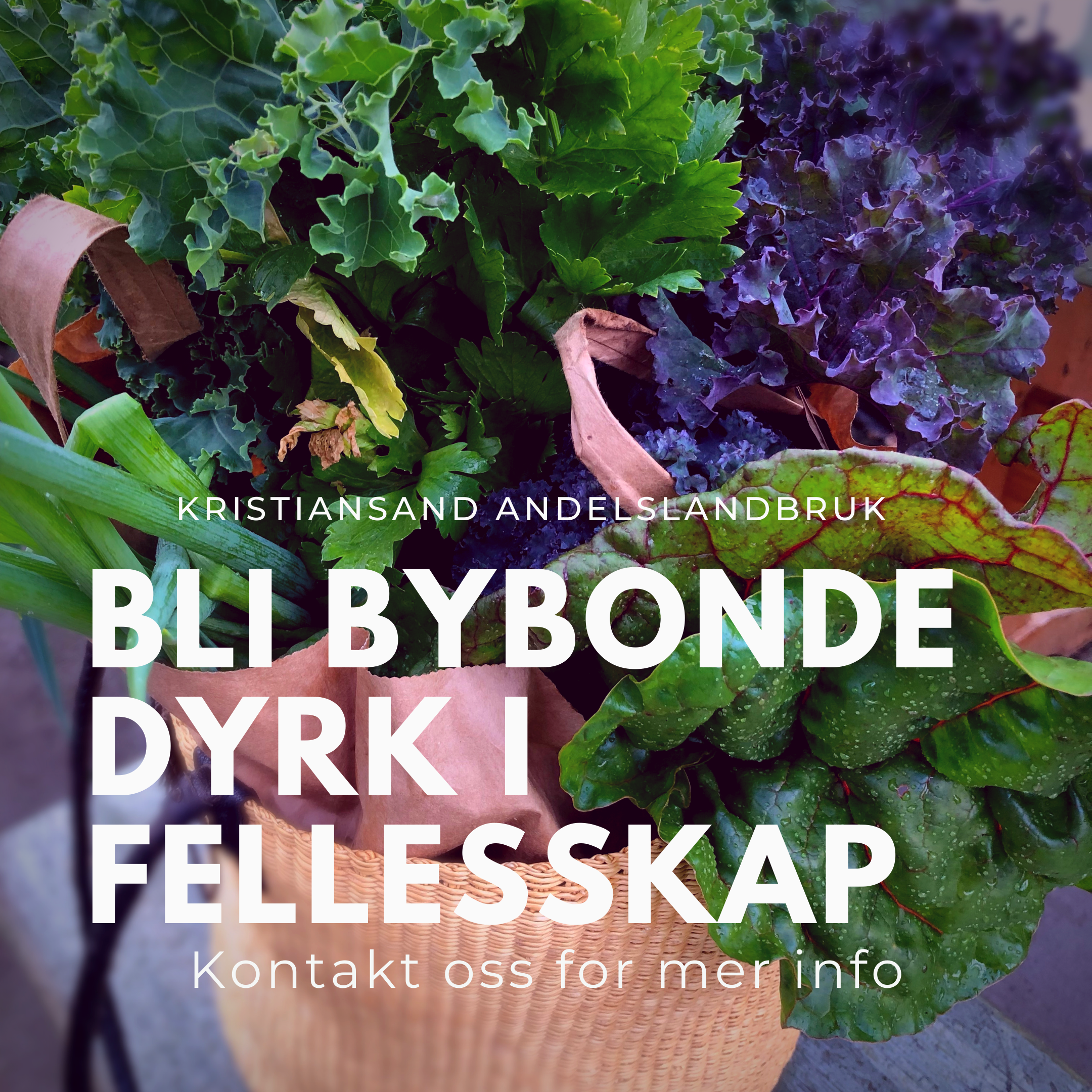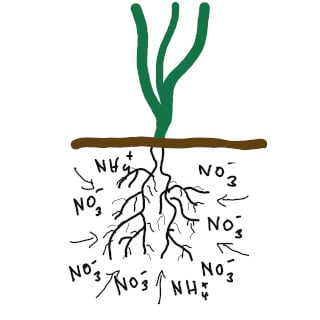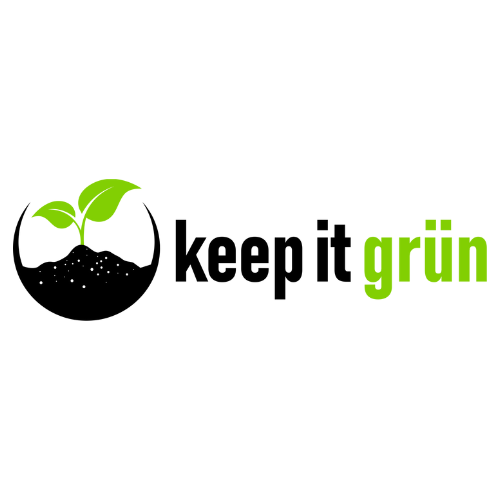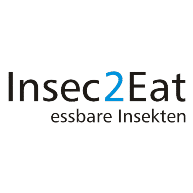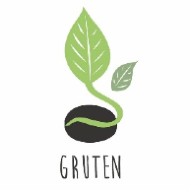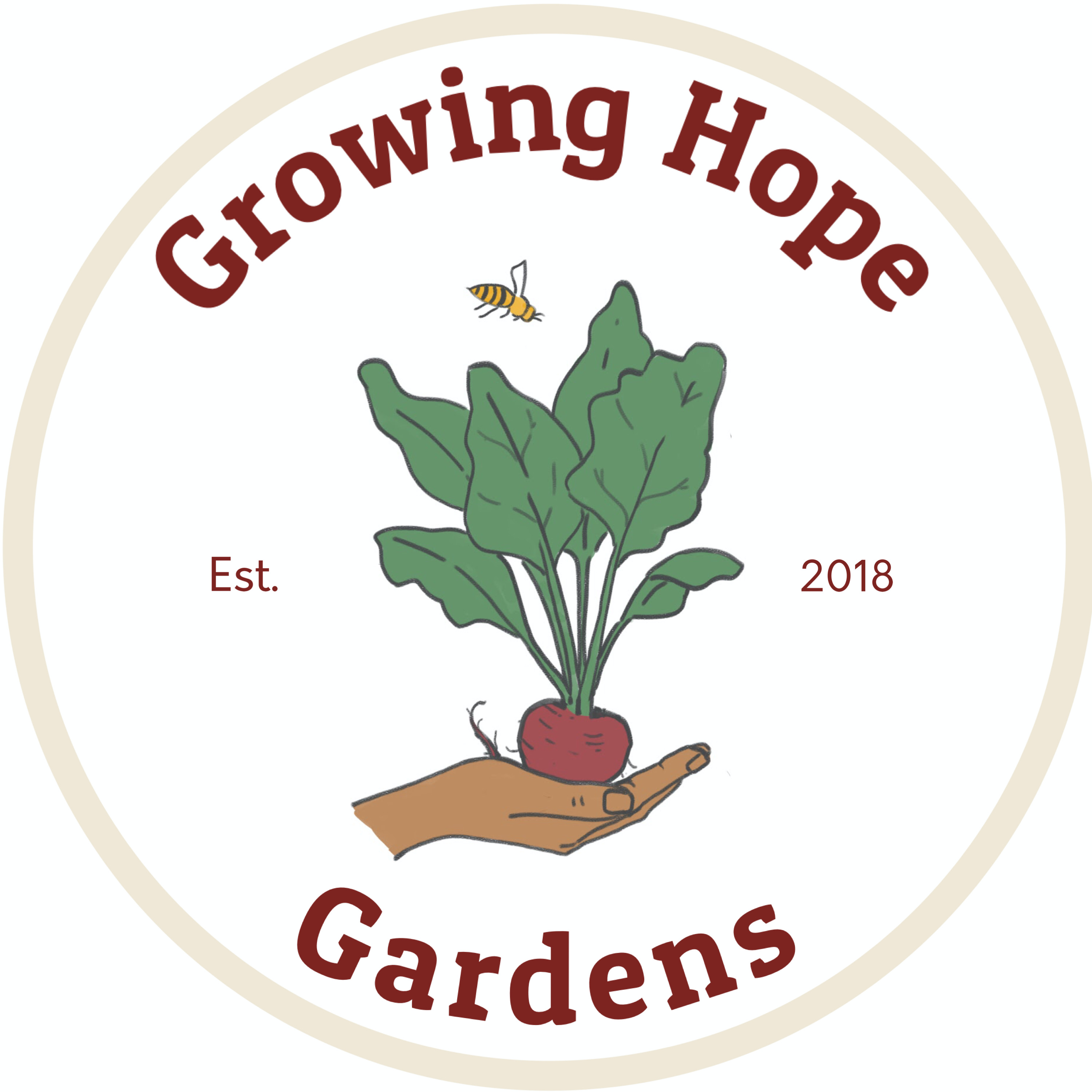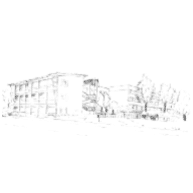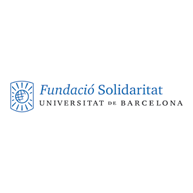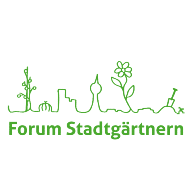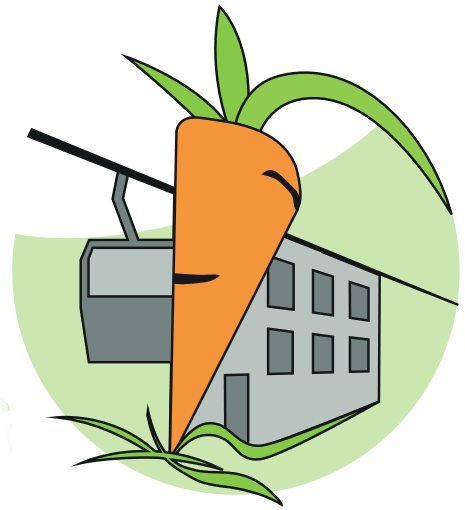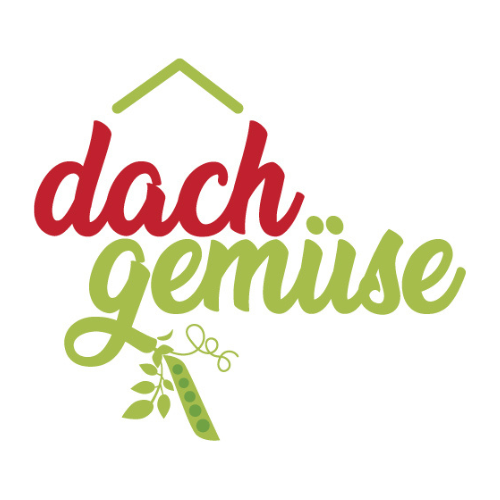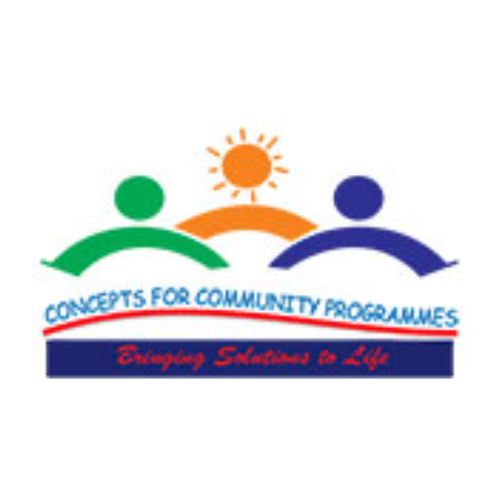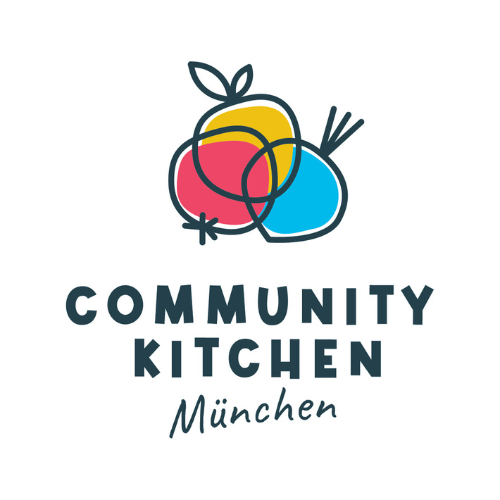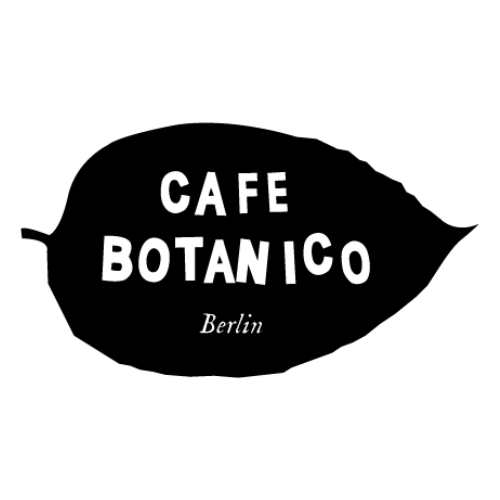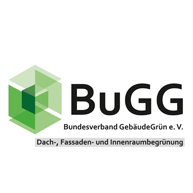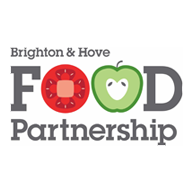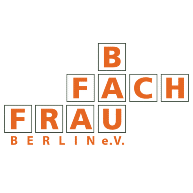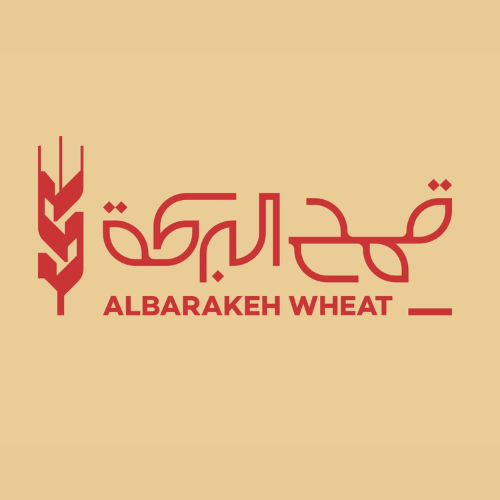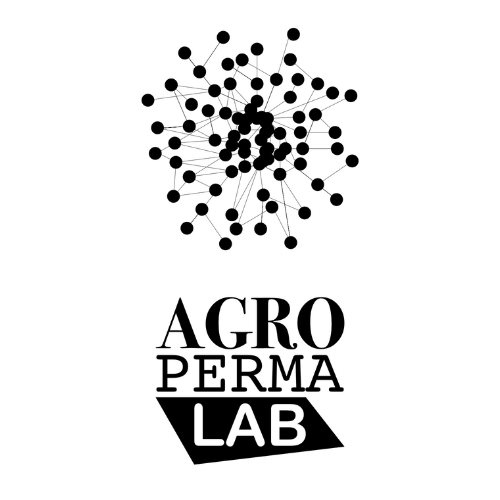Spreeacker
Spreeacker was called into life in 2011 by the Spreefeld Cooperative, as a collection of gardening, education and cultural initiatives. The goal was inviting the neighborhood and the larger community to discover, explore and activate the open spaces next to the River Spree, surrounding the construction site that would become the Spreefeld Neighborhood. The Spreeacker non-profit association emerged out of this, and has gone on to develop and manage a number of community gardens at this location. This garden work is meant to be enjoyed as well as to be educational, for all involved and the wider public. ; The first plots with native fruit trees have long since been planted. A model project for edible landscapes – a Food Forest – has been initiated in public space: in cooperation with the Spreefeld Cooperative and the District of Berlin-Mitte. The Food Forest brings together practices of permaculture and edible landscaping with nature’s way of developing forests. More than 80 different plants in this garden are edible and/or productive: everything from the leaves of small herbs or fruits and nuts produced by trees and bushes. This Urban Food Forest is growing with the support of the surrounding community. Spreeacker aspires to a wide range of external collaborations and partnerships with experts, students, neighbors, activists and interested persons.
Spreeacker is committed to developing and demonstrating the practice of edible and productive landscapes in urban, public spaces. Spreeacker understands itself as part of a larger movement actively working to stay ahead of the emerging food and climate crises.
The practice of developing and demonstrating edible and productive landscapes in urban, public spaces, in cooperation with private and public partners, neighbors, experts, students and activists. ; Educational work regarding tours, visits, workshops and discussions with a wide range of groups. Currently working on a new project, KollektivesLernen, with Marco Clausen. ; https://www.kollektiveslernen.net/; Contacts with permaculture experts, community garden activists and other food experts.
Some of their achievements are the development and start of the Food Forest, Waldgarten, in the Wilhelmine Gemberg Weg; managing community gardens with refugees and immigrants and bringing food growing into the public spaces of our neighborhood, including raised beds into the street space.
A crucial turning point for them was signing the use-agreement with the local government to be able to develop the Food Forest on land owned by the government. In the future we expect to be producing a good amount of food, especially fruits and berries and nuts.; for now, our main service is educational.
Updates für diese Seite an EdiCitNet schicken
Wir freuen uns, wenn du uns Updates für diese Seite per E-Mail schickst.

